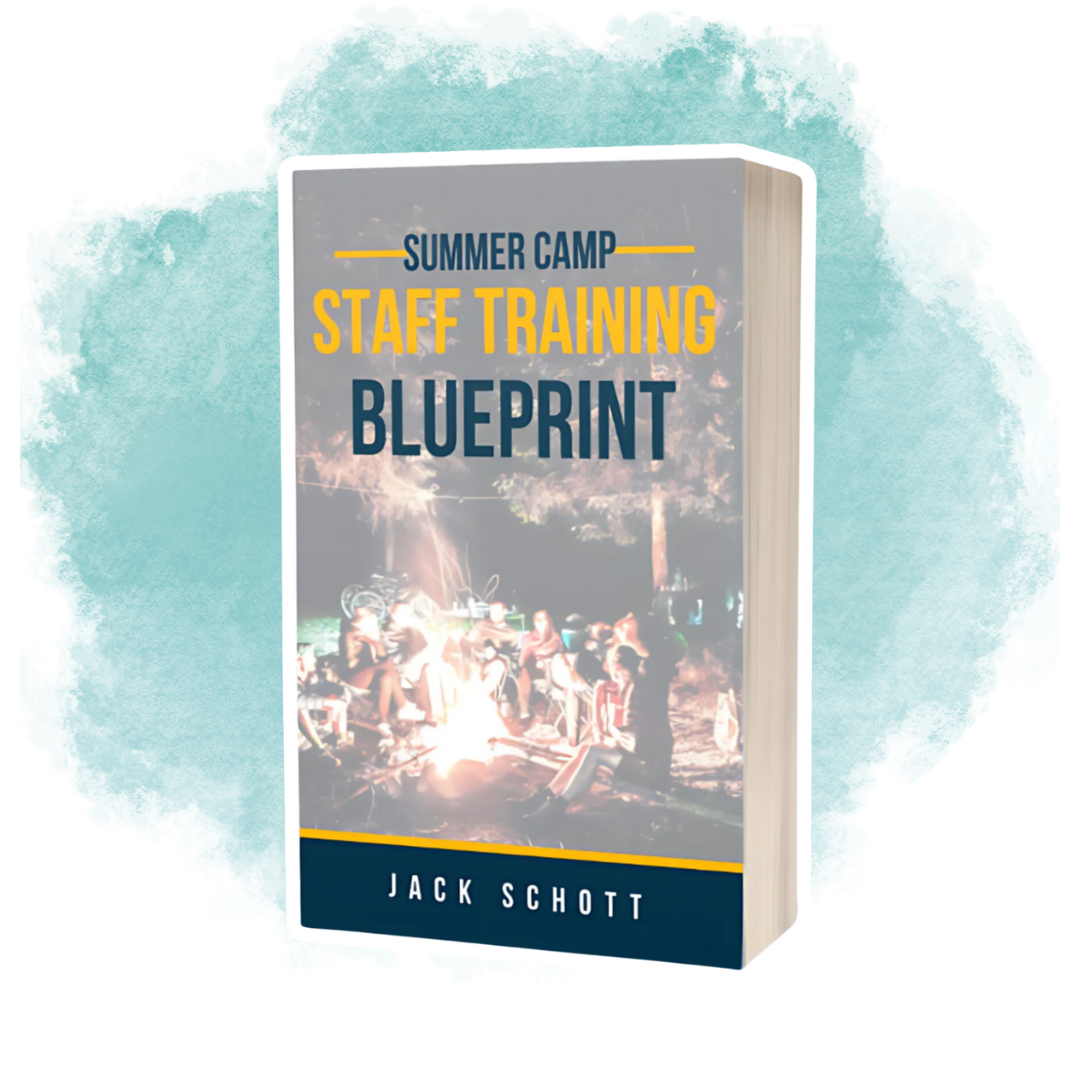Reflections on Restorative Justice 101
Land Acknowledgement
Before we even get started, I want to acknowledge the traditional, ancestral, unceded territory of the Kusso-Natchez and extinct Edisto tribe on which I am writing and reflecting today. This acknowledgment is a small and simple, yet, powerful way of showing respect and a step toward correcting the stories and practices that erase Indigenous people’s history and culture and toward inviting and honoring the truth.
Getting Involved
I first found out about the Restorative Justice training through Camp Stomping Ground’s social media, and the desire to take this training sparked after listening to Laura & Klee’s podcast. I figured it was something that would get me ready and engaged for this upcoming camp planning season, but wow was it more than that.
Within the 6 weeks of training we dove deep into the history of restorative justice, the power of connection and community, and how to make it actionable within our own camp communities (we even learned about land acknowledgements!). When I signed up I thought this training would be about dealing with camp conflict more effectively through communication (something I am always trying to be better at). And it was that, but it’s also oh so much more. It's building connections to seek and understand others and create a community that wants to heal all those involved in a conflict or misunderstanding.
The 80/20 rule
Right off the bat we learned the 80/20 rule (80% community building, 20% conflict resolution) and the importance of creating trust and connection between the campers themselves, and their counselors. From there it was getting deeper into the three types of circles (check-in, embers/connection and conflict), understanding empathy, and ways to get your staff to buy-in and be vulnerable with this style of connection and conflict resolution. Each training was met with a different type of embers circle, quote from a restorative justice figure and pre work that set the tone for the call. Each call also welcomed vulnerability to ask questions and speak openly about concerns or previous wrong-doings.
Moving Forward
When I think of how to implement this into our programs, I think of how important the intention is behind community building. When asked to think about how we already implement circles at camp, almost all of us were able to think back and say, “Oh yeah, we do this. We just didn’t have a name for it.” Which I think gave us the vote of confidence to know we can do this wherever we are. With this training I hope to implement more intentional circles and connection building as a first step. Being a camp that runs one week in the summer and smaller year-round programs, I know we will have to work on counselor training and being comfortable with this and prioritizing the time to have all types of circles.
Despite knowing this will be a slower transition to a more restorative camp for us, I look forward to working with my fellow staff members and planning teams on this! At the first training, Laura and Klee asked us to finish the prompt, “By the end of this training I hope to …”. To which I said;
Have a better understanding of how I can be actionable
Be smarter about what I don’t know and learn more about RJ
BE ACTIONABLE
Check. Check. And check. In addition to my personal successes from the training, within the breakout group to share our answers to the prompt, my fellow circle mate said their hope was for this to be the last class. They said it was time to stop using research and training as an excuse and start doing the steps. What a great hope, right?
While these trainings taught us more about connection and healing, they also allowed us to participate in our own Embers circle of 32 and share in our need for a better camp. So while this RJ training class is coming to an end and this may mark our “last class”, it is the first step to a more restorative camp community for all.
JOIN LAURA & KLEE’S RESTORATIVE JUSTICE TRAINING
Emily “Em j” Juszczyk
Camp & Programs Manager
Camp Happy Days

Ready to Elevate Your Summer Camp Staff Training?
Empower your camp staff with the tools they need for success.
Visit our dedicated training site for expert resources, training modules, and more.



